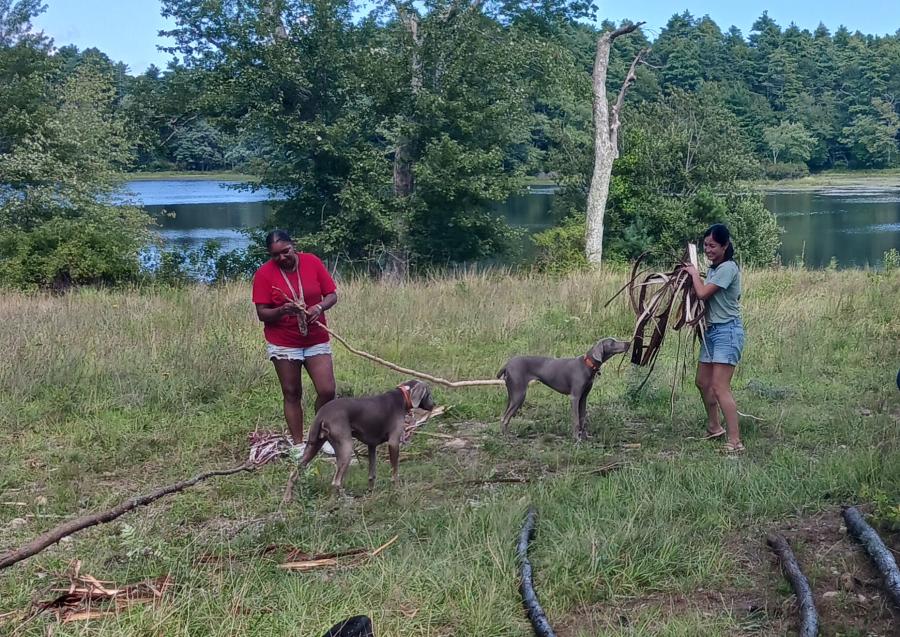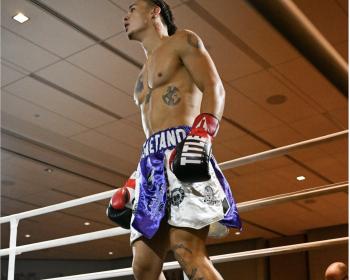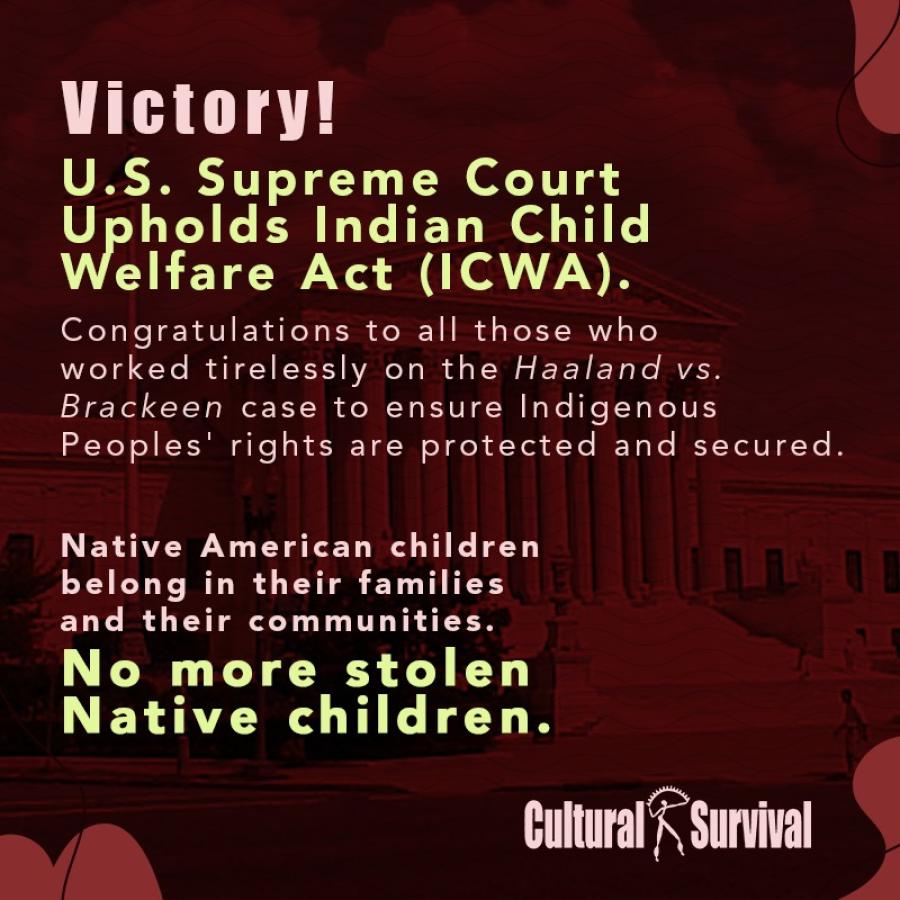Cal State University-Long Beach plans to build a mini-mall on the last undeveloped remnant of the Indian village, Puvungna, sacred as an historic pilgrimage site. This land was a trade and ceremonial center inhabited by the Gabrielino or Mission Indians and place where the prophet Chungichnish lived and taught. Many Indian people still use Puvungna as a place of worship. The area contains burial and reburial sites, two acres of community "Organic Gardens" established on the first Earth Day, and a large natural area where children's summer day camps have been held for years.
Members of several different Indian tribes, represented by the ACLU and the Native American Heritage Commission have been forced to go to court to block both the planned mini-mall and an archaeological dig. The Indian people are not asking for exclusive use of the land, but that the site be preserved within the boundaries of its National Register status (granted in 1974 because of the religious and cultural significance of Puvungna). At first Cal State attempted to conceal the National Register status of the site by filing claims that there are "no cultural resources on the site slated for development." Campus officials have denied the site's significance and plan an archaeological dig to prove the land was not really Puvungna. They have cleared the Organic Gardens and erected a chain-link fence around it.
In response, the Native American Heritage Commission held public hearings and declared that. "Archaeology cannot determine religious and cultural significance. Only the Indian people can determine those values." The Peter Carr Peace Center reports that Cal State lawyers have since required plaintiffs "to prove their Indian ancestry and heritage, to list all the times they have prayed at Puvungna, (and) to list all their friends who have practiced the Chungichnish religion..."
A preliminary court injunction has ordered Cal State Long Beach officials to leave the site alone and allow appropriate Native American access to the land while the case awaiting trial.
Eugene E. Ruyle, an anthropologist at Cal State Long Beach, has said, in a paper given this November at the annual American Anthropological Association meeting in Atlanta, that this case "will have important implications for Native American religious freedom and for the human rights of indigenous peoples." Professor Ruyle adds that "...we must recall that the people we knows as Gabrielino or Mission Indians have already endured what the Maya and Uanamamo are facing now. Those that remain are survivors of a holo-caust who are trying to put their world back together."
Article copyright Cultural Survival, Inc.



